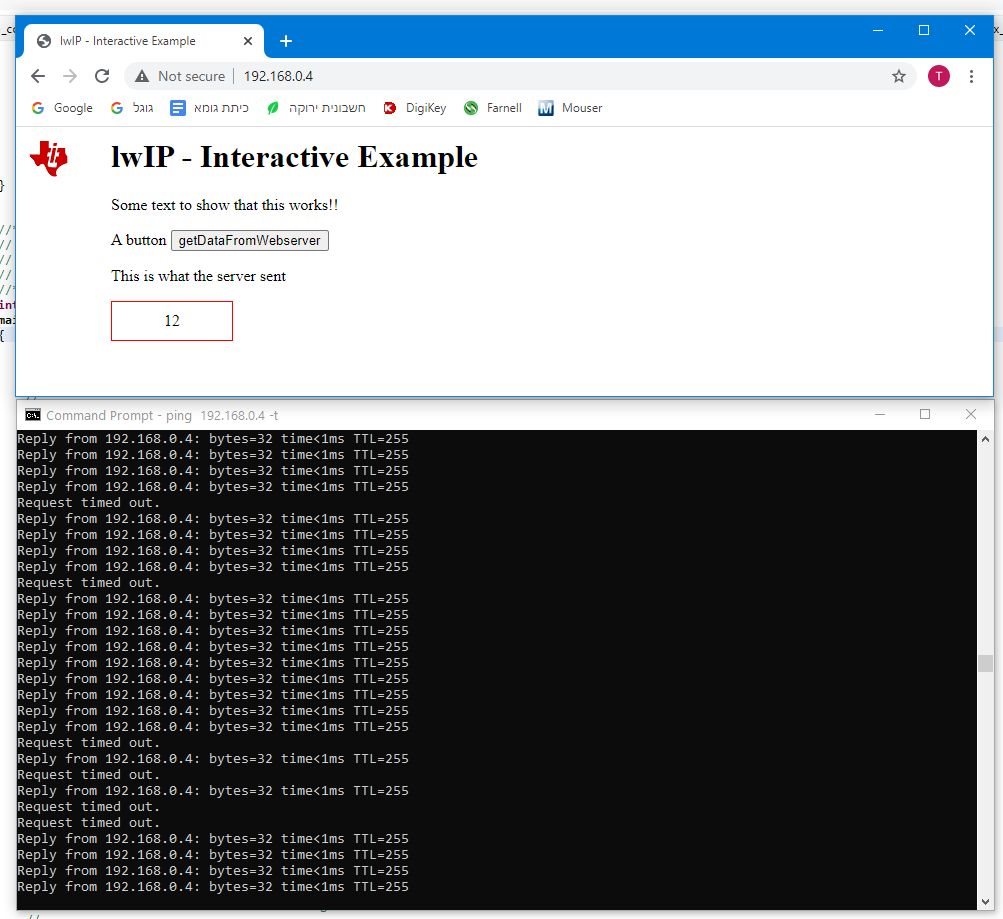Part Number: TMS320F28388D
Other Parts Discussed in Thread: C2000WARE,
Hello TI Support Team,
- USE_20MHZ_XTAL (my ControlCARD is rev MCU063A-)
Are any hardware configurations required on the ControlCARD?
Any other suggestions on how to debug this?
Thanks,
Beat



